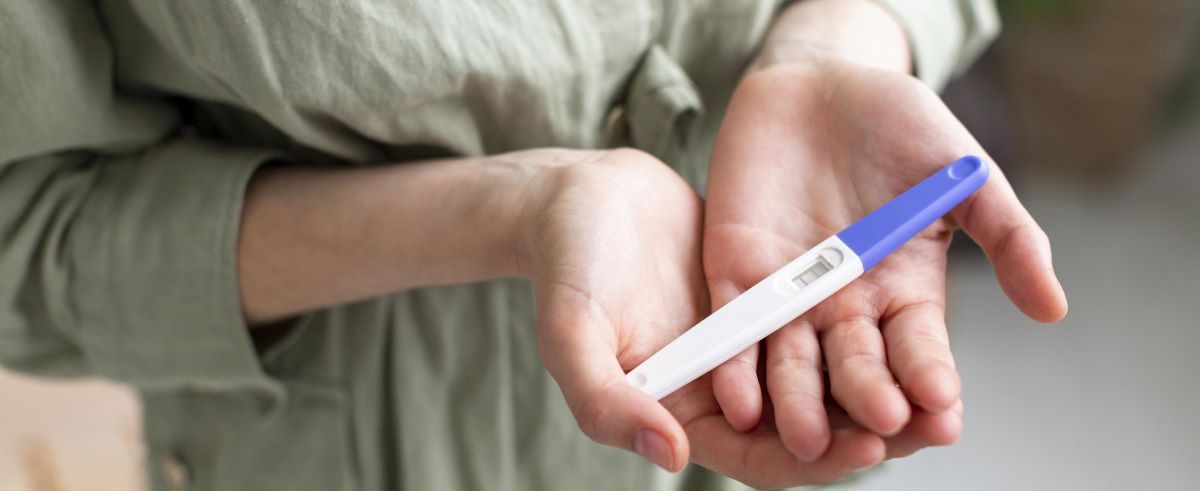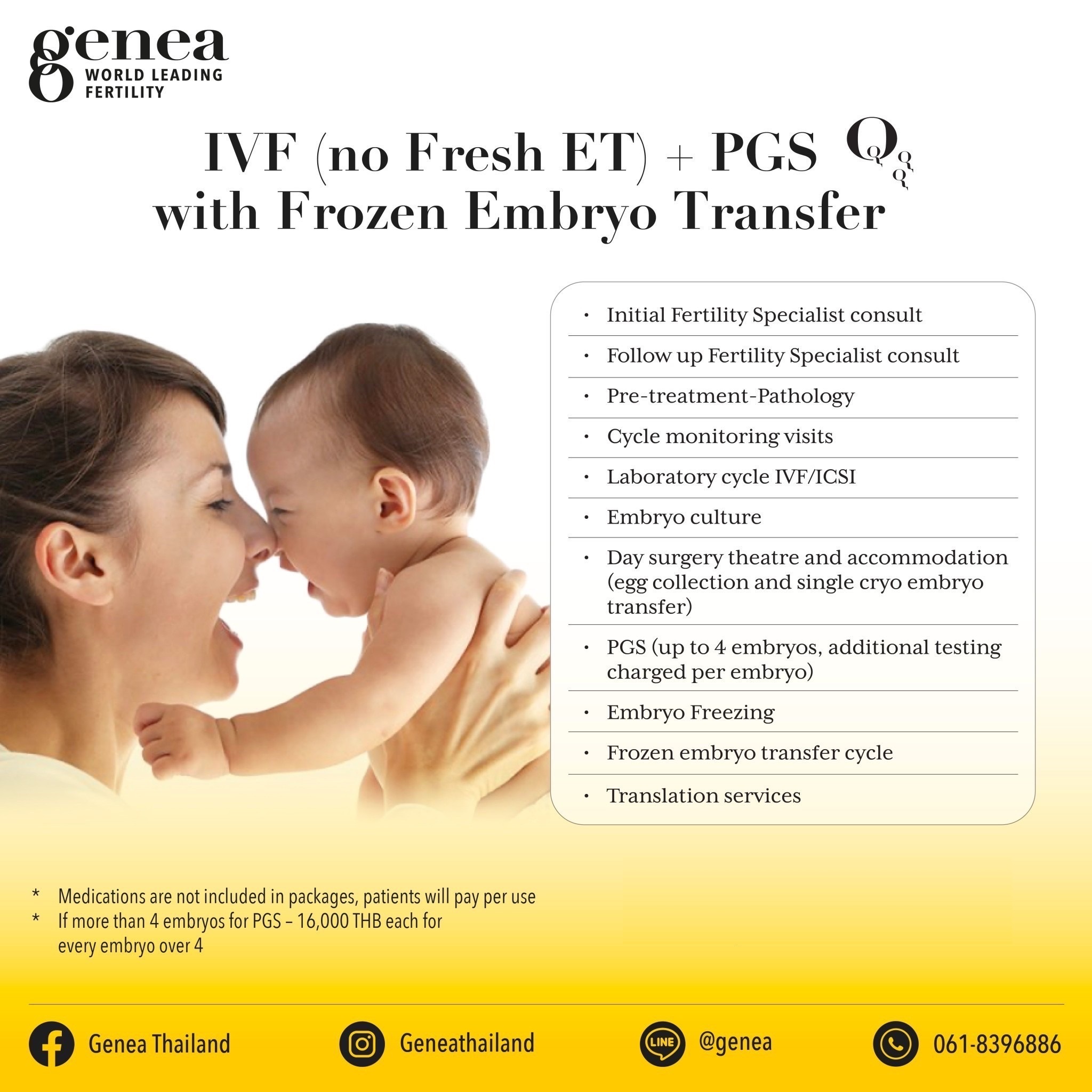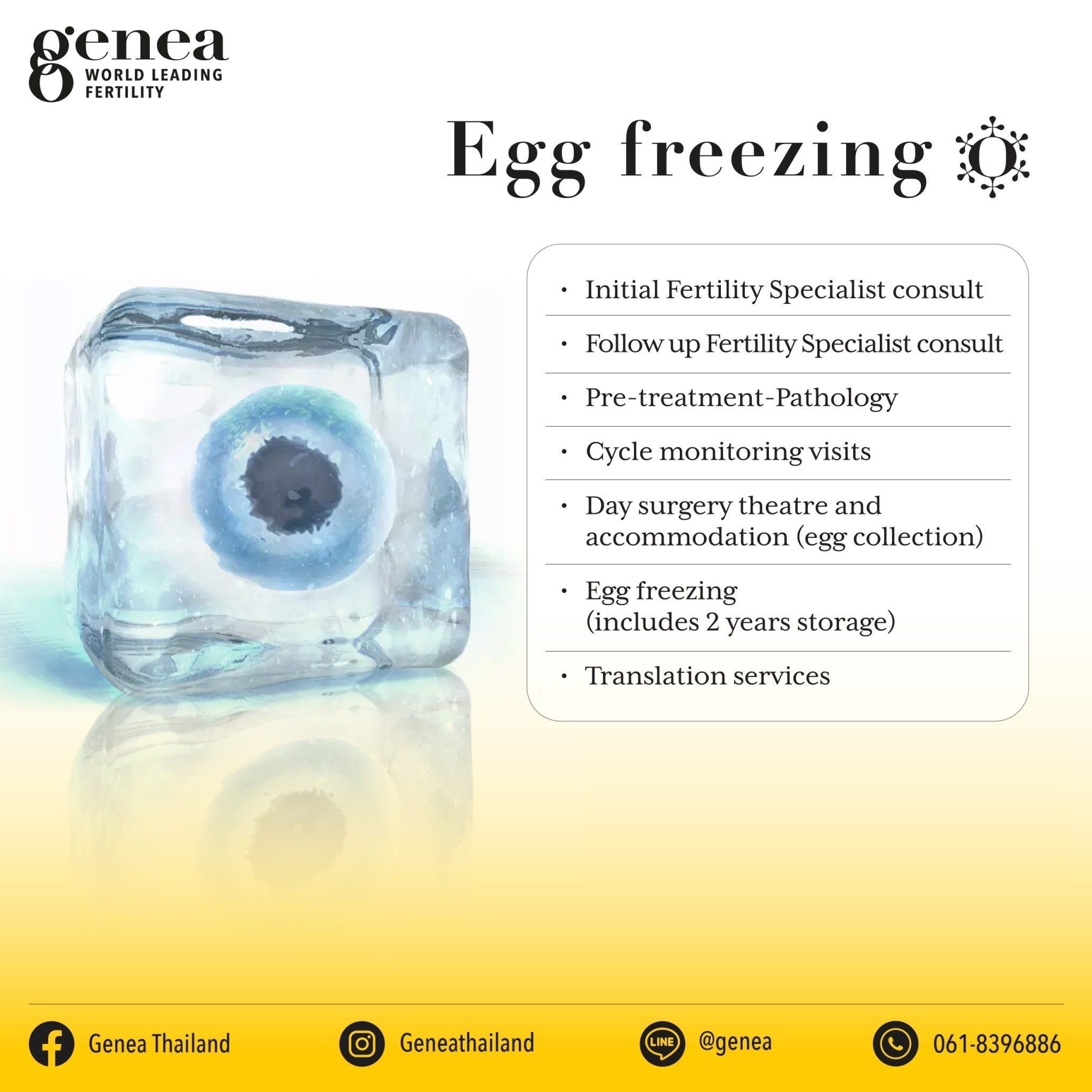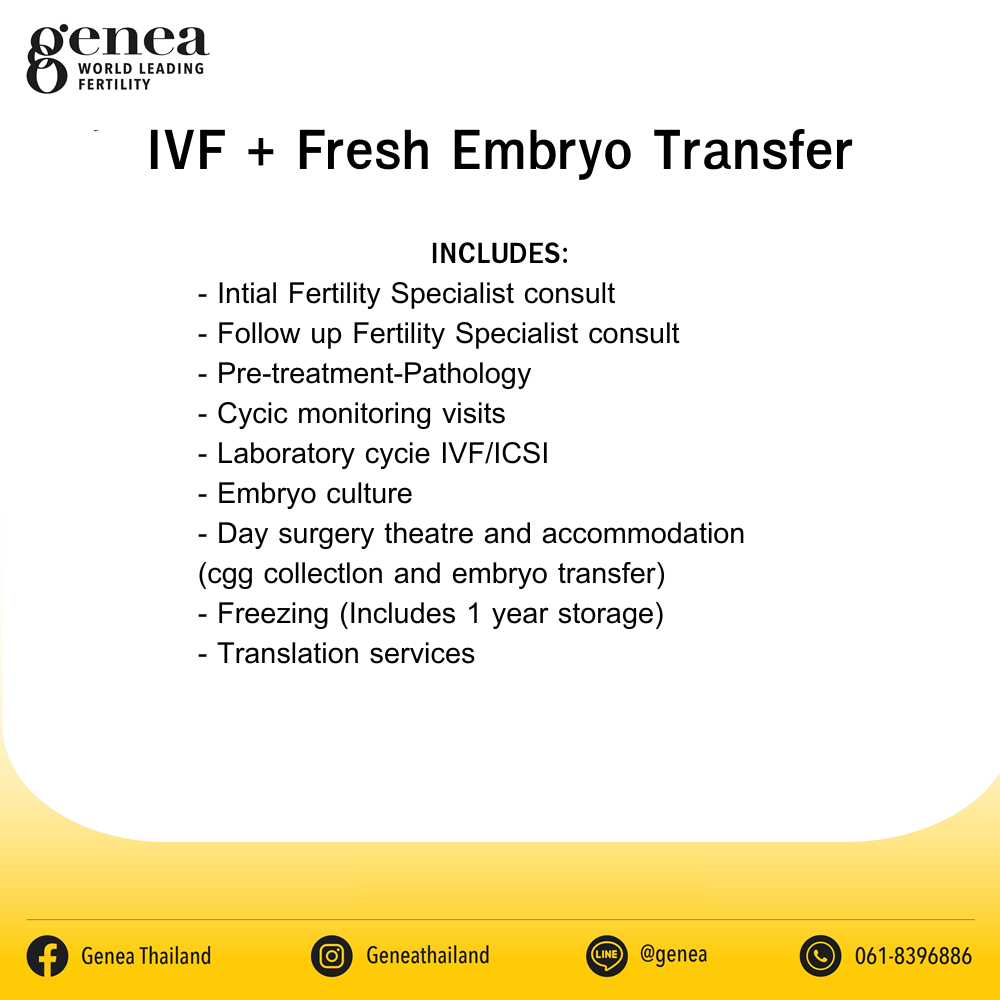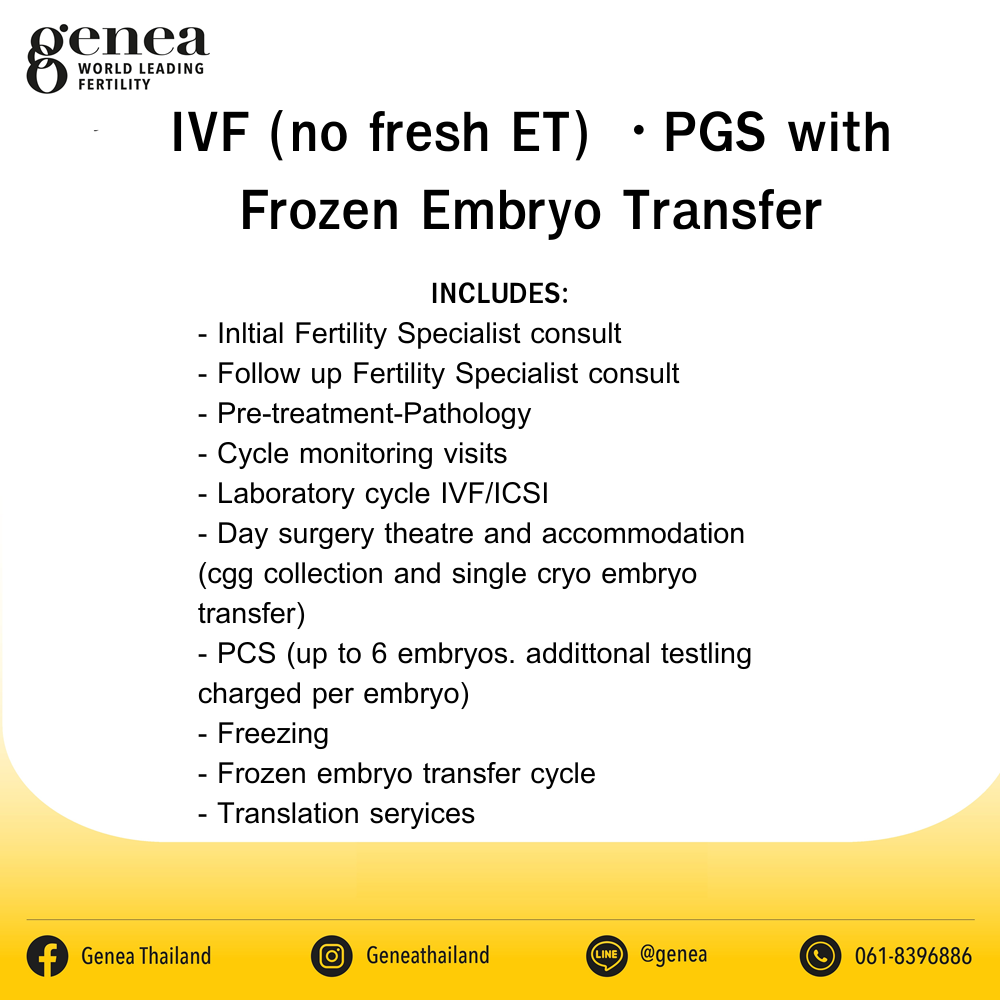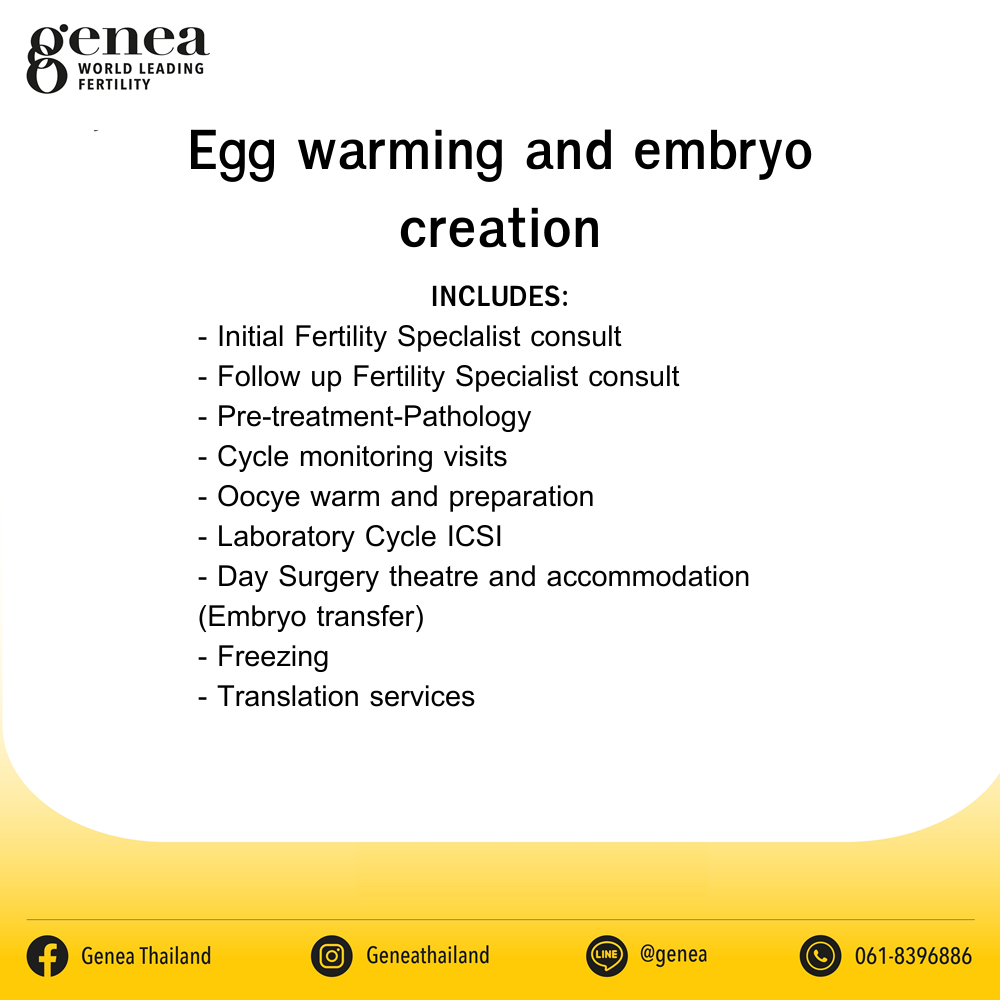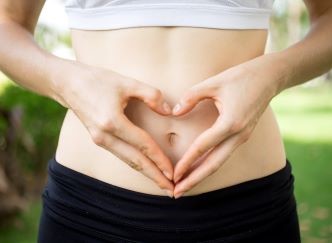As more individuals choose to start families later in life, the topic of fertility beyond the age of 40 becomes increasingly pertinent. Globally, there is a notable trend of women opting to become first-time mothers after 40, driven by advancements in reproductive technologies, evolving career paths, and shifting societal norms around family planning. This shift brings to light questions about the likelihood of conceiving naturally at this age and the efficacy of assisted reproductive technologies.
Age and Fertility: A Biological Perspective
Fertility naturally declines with age, with significant decreases noted after 35 and more markedly after 38-40. The quality and quantity of a woman’s eggs diminish over time, affecting the chances of conception. According to the American Society for Reproductive Medicine, while a woman in her early 30s has a 20% chance of conceiving each month, this probability drops to about 5% per month by the age of 40.
Despite these statistics, recent advances in fertility treatments offer hope. Techniques such as in vitro fertilisation (IVF) and ovulation induction have evolved, enhancing the likelihood of pregnancy for women in their 40s.
Treatment Options: Expanding Horizons in Assisted Reproduction
IVF has revolutionised the field of reproductive medicine, providing substantial opportunities for couples facing infertility. For women over 40, IVF success rates vary based on individual health factors and the use of one's own eggs versus donor eggs. However, many couples and single women in their early 40s opt to use their own eggs despite a lower probability of conception. By the age of 43, the chances of achieving pregnancy through IVF fall below 5%, making the use of donor eggs a more viable option by that age.
Another vital consideration is the role of cutting-edge technologies in IVF, such as preimplantation genetic testing (PGT). PGT can help select embryos with the best genetic potential, thereby increasing the success rates of IVF cycles.
Health and Lifestyle: Maximising Fertility Potential
The impact of lifestyle factors on fertility cannot be overstated. Maintaining a healthy weight, avoiding harmful habits such as smoking and excessive alcohol consumption, and managing stress are all crucial for enhancing fertility. Research has shown that an active lifestyle, coupled with a balanced diet rich in antioxidants, can improve reproductive function.
Navigating Your Fertility Journey
At Genea, a proud member of the HealthDeliver network, we are dedicated to supporting your dream of parenthood with our comprehensive fertility services. Our state-of-the-art in-house laboratory adheres to international standards, ensuring you receive the best care available.
If you're considering pregnancy in your late 30s to early 40s, it's essential to understand the challenges and opportunities that come with late maternal age. Our team is here to provide personalised guidance and advanced reproductive technologies to optimise your chances of success.
For those exploring the possibility of having a baby as they approach 40 or after, remember: while the journey might be complex, with the right support and treatment, achieving parenthood is a viable option. Reach out for a consultation at HealthDeliver.Asia, where we are committed to helping you navigate your fertility journey with confidence and clarity.



